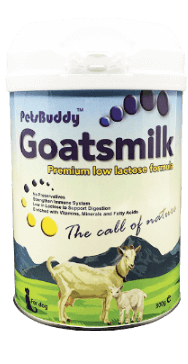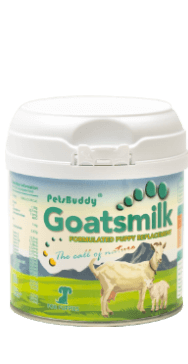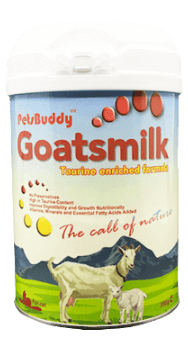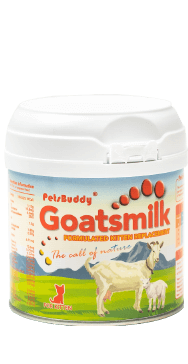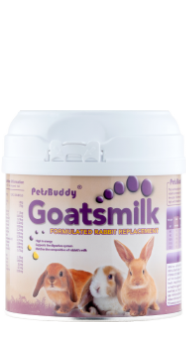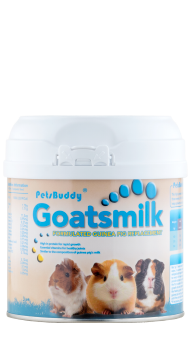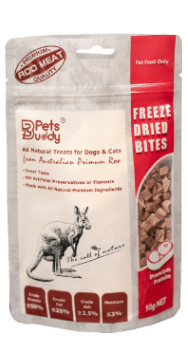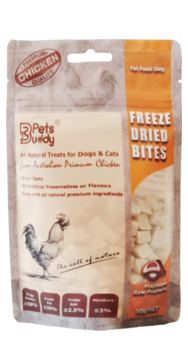An important goal in the management of obesity is to reduce excess body fat while minimizing the loss of lean tissue. The high protein diet resulted in a greater loss of body fat and greater retention of lean body mass compared with the control diet.
Obesity in pets is linked to numerous health problems, including an increased risk for diabetes mellitus, lameness, and non-allergic skin conditions. It is projected that weight loss until optimal body condition could eliminate from 12%-22% of feline lameness and diabetes mellitus. Dietary protein has several effects that may be beneficial during weight loss. Protein stimulates increased postprandial thermogenesis and increased protein turnover. Thus, replacing dietary fat or carbohydrate with protein results in less net energy available from the diet. Perhaps due to its thermogenic effect, protein also provides a superior satiety effect compared with fats or carbohydrates. Several investigators have noted that higher satiety during clinical weight loss programs compared with higher carbohydrate diets.
Increased dietary protein also appears to aid in achieving an important goal of weight management, which is to lose body fat while conserving lean body mass. Maintaining metabolically active LBM is important for maintaining resting and total energy expenditure to prevent rapidly regaining weight.
Several studies have shown that pets fed the higher-protein diet lost more body fat while reducing their loss of lean body mass by around 50%.
